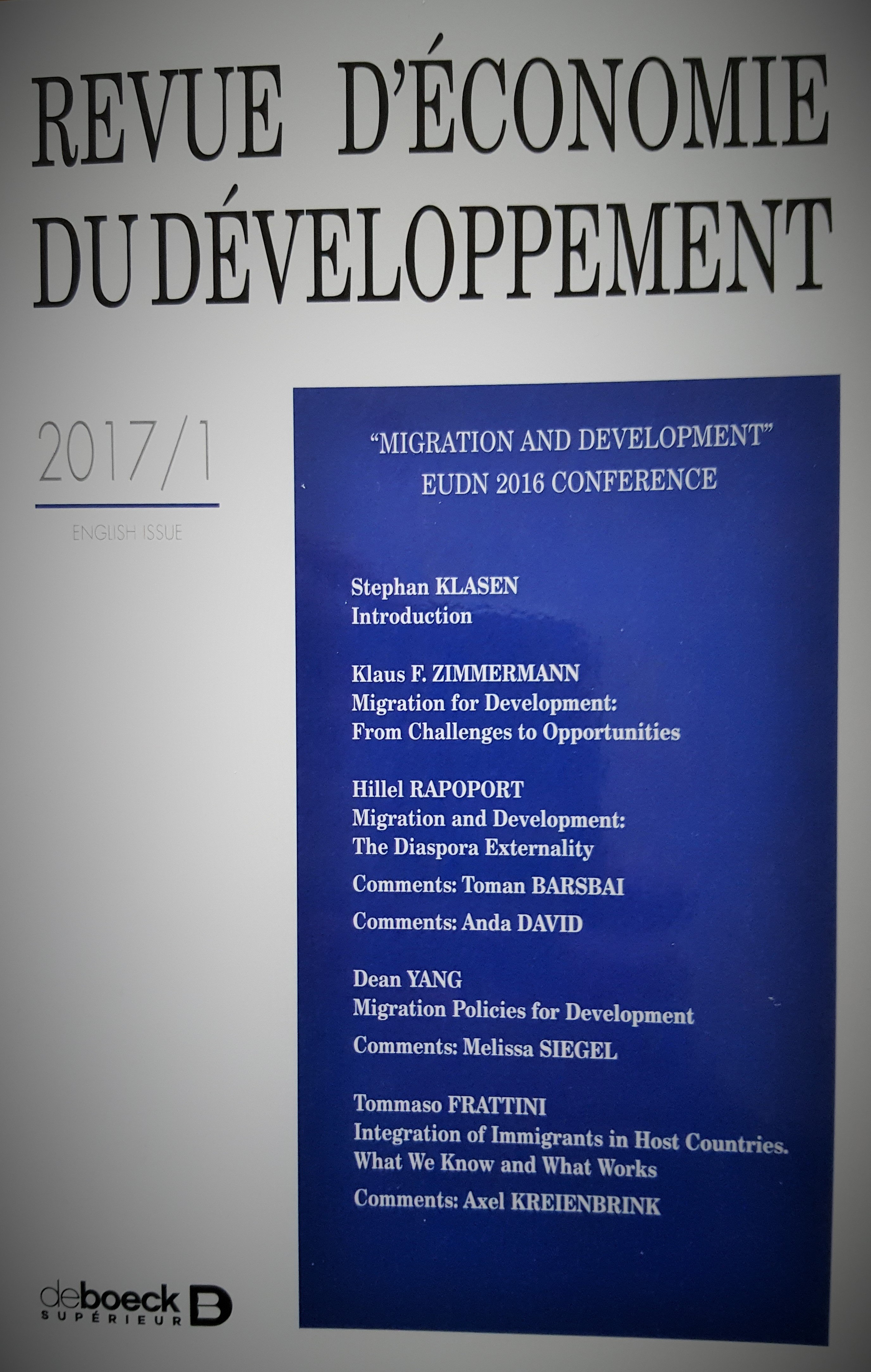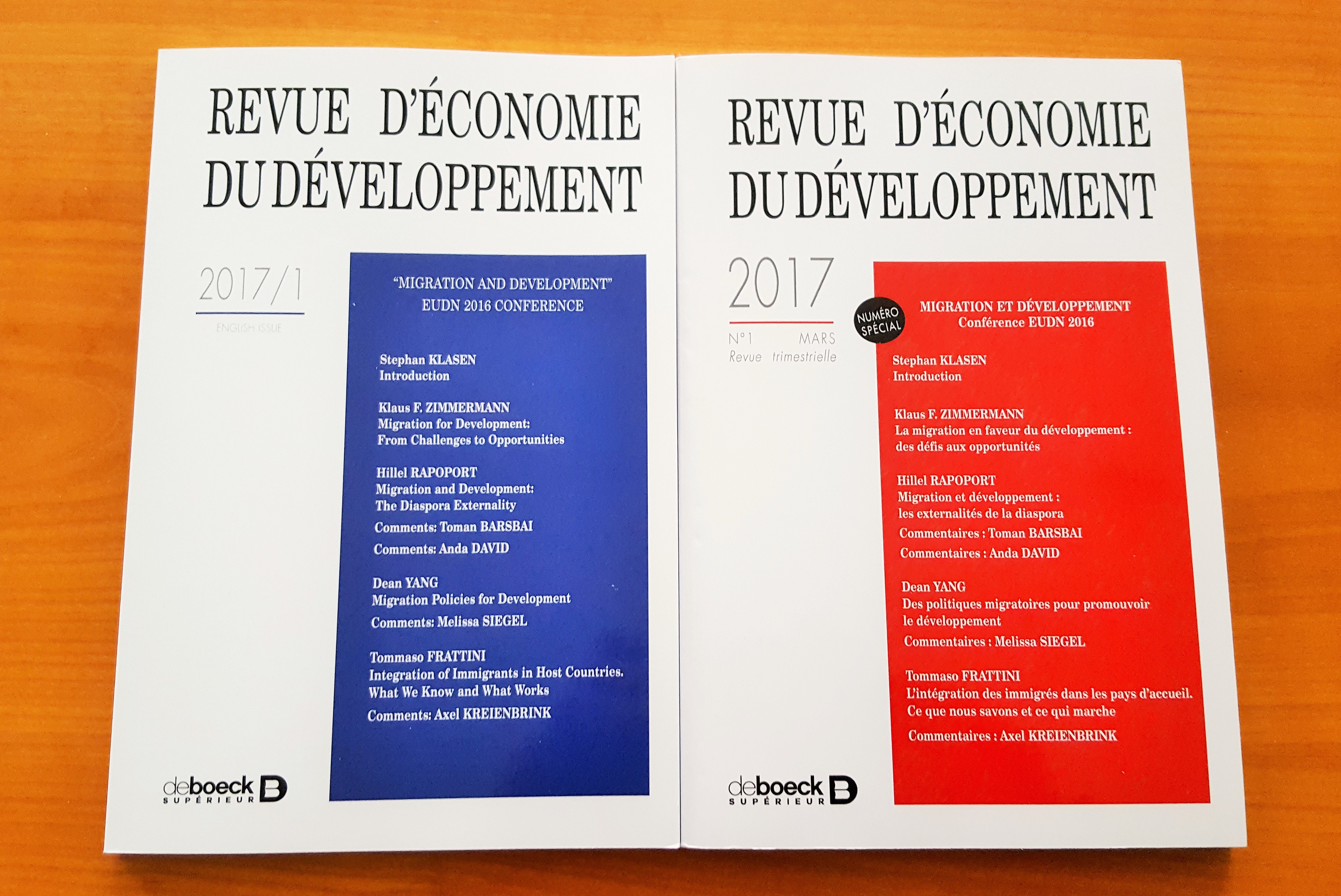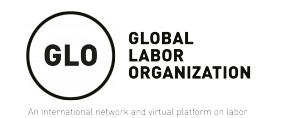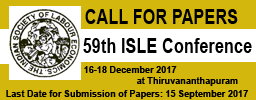INTERNATIONAL CONFERENCE ON “SOCIO–ECONOMIC PERSPECTIVES IN THE AGE OF XXI CENTURY GLOBALIZATION”, TIRANA – ALBANIA, DECEMBER 2017
Organized by University of Tirana, Department of Economics
Venue: Faculty of Economics, Rruga e Elbasanit, Tirana
Dates: 01st -02nd December 2017
The event is supported by GLO Country Lead of Albania Besa Shanini.
The Department of Economics, Faculty of Economy, Tirana is honored to invite academia, scholars, researchers, economists and policy makers with broad and diverse research interests from around the world to share knowledge, ideas, experiences and establish academic relationships in the 1st International Conference on “Socio –Economic Perspectives in the Age of XXI Century Globalization”. The Economics Department comes to this conference after several years’ experience in organizing the European Doctoral Seminar (EDS) in collaboration with the University of Bamberg, Budapest University of Technology, University of Sarajevo and the South East European University (SEEU) in Tetovo, Macedonia.
CONFERENCE DESCRIPTION
In today’s context the world is experiencing a wide variety of issues, of which some have been long lasting and are considered a global phenomenon. In the current era of globalization fuelled by the rapid growth of new technology, it is widely acknowledged that the ability to innovate is a significant driver of competitiveness for entrepreneurs, teams, organizations, industries, countries, and economies of all sizes. Competition is increasingly forged not just to achieve financial performance, but also to deliver social and environmental outcomes for the present and future. Within this context of global competition, innovative models, strategies, policies, processes, and practices become ever more important in creating value for sustainable growth and development at various levels within firms, industries, countries, and economies, and also across borders in company networks, industrial clusters, and economic and regional blocs.
The last decades have acknowledged a growing integration of economies and societies worldwide. There has been an increase of interdependence among countries in trade, finance, people and ideas. The development of information technology and advancement of telecommunication have facilitated both resources and output mobility, improving further efficiency at which economies operate. However, the international trade arena and competitiveness lead to increased pressure for the policy makers and the independent economic agents in both developed and developing countries. On one side, there is the importance of the public policies and institutions to creating a sustainable and dynamic environment in a time when trade liberalization policies and moderate capital control have changed the role of state in the
global economy. On the other side, there is the response of consumers and producers in making efficient choices under the perspective of widen possibilities and reshaped constraints.
The changing conjecture of the last two decades around the world has led to a restructuring of the growth potentials and international market roles of countries, and economic actors and economic decision processes have evolved considerably. Our conference is focusing on evaluation of the last two decades from a multidimensional point of view. Thus generating a platform in which the economic, social and policy transformations of the last twenty years are debated will be vision enhancing for both policy formulation for tomorrow and understanding the current state of affairs.
The conference aims at bringing together in one venue academics, researchers and all the interested parties in the field, with the purpose of elaborating at a theoretical, empirical and policy-making perspective the above. We invite you to submit papers dealing with the challenges associating the economic perspectives in the age of the 21st century globalization.
The conference will be focused, but not limited, on the following areas:
Monetary Policy before, during and after the global financial crises
Trade Openness, Competitiveness and Growth Globalization and labor markets
Public Policies to Sustain Competitiveness
Globalization, Financial Markets, and Fiscal Policy
Financial Inclusion and Financial Regulation
Integration and Economic Globalization: Challenges for Development
Corporate Governance and Business Regulation
Inequality, Poverty & Social Inclusion
Gender Equality and Sustainable Development
Real and Potential Usage of Resources: Identifying Gaps
Value and Importance of Sustainable Agriculture and the Environment Urban – Rural Disparity, Migration and Remittances Economic Modeling of Tourism Socio-Cultural Environment and Innovation
The Digital Economy
Economic Structure Performance and Structural Adjustments
Submission of abstracts and papers Submission of abstracts and papers are invited from academia, policy makers, business people, public and private sector organizations, non-governmental organizations, and international organizations. Poster presentations are also encouraged. While multiple submissions by individuals or groups of authors are welcome, the abstract selection process will seek to ensure
as broad participation as possible: each author may present only one paper or one poster in the conference. No author should submit more than one abstract as its single author. Structure of abstracts and papers Submissions should be of high standard, unpublished, and suitable for scientific or professional publications. They can be theoretical or field research based papers as well as practical/experiential papers based on individual, institutional or community experience. All submitted papers will be refereed to blind reviewers to uphold the high standards of the conference. Papers demonstrating high rigor, high theoretical and/or practical implications will be considered for publication. The abstracts should not exceed 300 words and should be organized as: title, context and objectives, methodology, findings, conclusion, contribution, key words. Key words: from 3 up to 5 words (12 pt. font size). Avoid abbreviations unless they are firmly established. Key words should efficiently represent the paper content.
Authors’ autobiographical details should appear as the first footnote of each contribution, and include the name, academic and professional qualifications, institutional affiliation, current title, position and e-mail of each author.
Authors are also advised to proofread their abstracts because they will be reproduced from the online submission. Any error in spelling, grammar or data will appear online or in print. Papers are expected to have a uniform structure/format, times new roman (font 12), 1.5 line spacing, maximum of 12 pages including references, appendices, figures etc. Thus, the contents are expected to rhyme with background that includes a theoretical context and objectives; methodology covering the way the study was designed and carried out; findings, discussion and conclusions.
All accepted abstracts will be published in the conference abstract book. Best papers will be published at the Journal of the Faculty of Economics, University of Tirana “Albanian Journal of Economics and Business” (AJEB).
PLEASE NOTE THE FOLLOWING DEADLINES:
Deadline for abstract submissions : September 30, 2017
Notification of abstract acceptances: October 15, 2017
Deadline for full paper submissions : November 15, 2017
Deadline for participants registration : November 25, 2017
THE CONFERENCE FEE:
Participant (attending / paper presenting author): 50 EUR
Accompanying co-author: 30 EUR
Attending (without paper): 20 EUR
DISCOUNTED FEE:
PhD students: 30 EUR
MSc students: 20 EUR
2nd paper registration (publishing only): 20 EUR
Registration fee includes admission to all sessions, conference kit (including the Scientific Book of Proceedings on CD and Book of Abstracts in hard copy) and admission to the lunch or dinner with all coffee brakes according to the program.
SCIENTIFIC COMMITTEE
1. Prof. Dr. Abdylmenaf Bexheti, Southeast University of Tetovo, Republic of Macedonia
2. Prof. Dr. Ahmet Mançellari, University of Tirana
3. Prof. Dr. Albana Hashorva, University of Tirana
4. Prof. Dr. Dhori Kule, University of Tirana
5. Prof. Dr. Dietmar Meyer, Andrassy University, Budapest, Hungary
6. Prof. As. Dr. Elida Liko, University of Tirana 7. Prof. Dr. Enrico Saltari, Sapienza, Università di Roma, Italy 8. Prof. As. Dr. Ervin Demo, University of Tirana
9. Mr. Gent Sejko, Governer, Bank of Albania
10. Prof. Dr. Dr. h.c. Heinz. Dieter Wenzel, University of Bamberg, Germany
11. Prof. As. Dr. Holger Kaechelein, University of Bamberg
12. Prof. Dr. Iraj Hashi, Staffordshire University
13. Prof. Dr. Nick Adnett, Staffordshire University
14. Prof. Dr. Raimonda Duka, University of Tirana
15. Prof. Dr. Sulo Haderi, University of Tirana
16. Prof. Dr. Tonin Kola, University of Tirana
ORGANIZING COMMITTEE
1. Assoc. Prof. Dr. Adela Shera, University of Tirana
2. Dr. Arjan Tushaj, University of Tirana
3. Assoc. Prof. Dr. Arjeta Vokshi, University of Tirana
4. Assoc. Prof. Dr. Arsena Gjipali, University of Tirana
5. Assoc. Prof. Dr. Bernard Dosti, University of Tirana
6. Dr. Ditjona Kule, University of Tirana
7. Assoc. Prof. Dr. Doriana Dervishi, University of Tirana
8. Dr. Enton Duro, University of Tirana
9. Dr. Ergita Kokaveshi, University of Tirana 10. Assoc. Prof. Dr. Esmeralda Shehaj, University of Tirana
11. Dr. Etis Jorgji, University of Tirana
12. Dr. Ledjon Shahini, University of Tirana
13. Dr. Matilda Veliu, University of Tirana
14. Dr. Olta Milova, University of Tirana
15. Assoc. Prof. Dr. Soana Teka, University of Tirana
16. Assoc. Prof. Dr. Suela Thimo, University of Tirana
17. Dr. Valbona Karapici, University of Tirana
18. Dr. Visar Malaj, University of Tirana
19. Dr. Zenel Shalari, University of Tirana
For any questions or additional information please contact Prof. Dr. Albana HASHORVA
Email: economics@feut.edu.al
Ends;

















